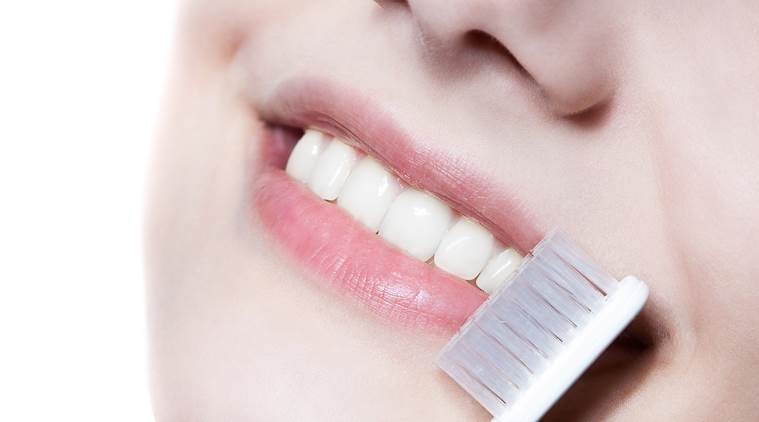This World Oral Health Day, celebrate the ‘dentured smile’
[ad_1]
Read More/Less
In the past few decades, tooth loss has continued to be a major public health problem globally. It is considered a useful indicator of the general condition of oral health because it indicates the overall effects of oral diseases, an individual’s behaviour towards dental hygiene, the accessibility of dental services, and also beliefs/cultural values about oral health.
Tooth loss may be quite distressing – and is considered a serious life incident that necessitates substantial social and psychological alteration. Teeth replacement is an art in which missing teeth are replaced by artificial teeth or dental prosthesis and there are many reasons why it’s important to replace missing teeth, as shared by Dr Anand Raj, prosthodontics expert.
Sporting a full set of teeth can make you more self-confident. When teeth are lost, the area of the jawbone that held those teeth start to reduce in size. A prosthesis supported by a dental implant benefits in preserving the bone and the shape of your jaw.
Losing teeth can lead to changes in your speech. Tooth loss affects how well you chew and what foods you are able to eat. It is seen that difficultly in chewing usually leads to food avoidance – therefore, some people who have missing teeth have poor nutrition, which can affect overall health.
Missing teeth can alter your bite, the way your teeth come together, and result in problems with your jaw joint.
There are many dental prosthesis/teeth replacement options available and a dentist/dental expert advises individuals on the best option for him/her. However, dentures are one of the most affordable removable dental prosthesis in the market and are, by far, the most common way that most individuals choose to replace their missing teeth. Today, one in every seven adults above the age of 45 years wears a denture in India. These dentures can be complete or partial.
 It is essential for adults wearing dentures to brush gums, tongue, and palate with a soft-bristled brush every morning before putting the dentures in. (Photo: Getty Images/thinkstock)
It is essential for adults wearing dentures to brush gums, tongue, and palate with a soft-bristled brush every morning before putting the dentures in. (Photo: Getty Images/thinkstock)
Complete Denture – Complete dentures are prepared using a plastic base that is coloured for replicating gum tissue and provides support to a full set of plastic or porcelain teeth.
Partial Denture – Partial dentures are made using a plastic base or a metal framework that supports the number of teeth that require to be replaced. It is detained in the mouth by using clasps and rests that are judiciously adapted around the natural teeth.
Implant-supported Denture – An implant-retained overdenture is a detachable dental prosthesis supported by the residual oral tissues and uses dental implants for retention.
Dentures can re-establish or even improve a person’s appearance and be virtually untraceable. However, it takes some time to get adjusted to dentures – finding the best way to insert and take out dentures, or for gums to adapt. It is important to visit the dentist often during the first few weeks of denture fitting, so that the parts of the denture that are irritating the oral tissues can be adjusted.
Denture fit can differ from person to person and some denture wearers with heavily resorbed ridges may have to face unease and embarrassment due to their ill-fitting dentures. A denture fixative or adhesive offers a good fit and comfort to denture wearers. Denture fixatives/adhesives are agents that stick readily to both the tissue surface of the denture and gums. When saliva mixes with adhesive material, it expands and plugs spaces between the denture base and gum tissue – thus providing a good retention force. Denture fixatives result in the following:
*Reduced denture movement and improvement in chewing function
*Increase in maximum biting force, retention, stability
*Development in oral hygiene for denture wearers by reduction or prevention of dental plaque
*Decrease in mucosal irritation due to reduced food entrapment beneath the denture base
*Enables the psychological well-being of denture wearer
Age, sex, occupation, socioeconomic background, and literacy greatly factor in the need for dental prosthesis from patient to patient. However, replacement of teeth is only successful when the patient is motivated and made aware of various prostheses available, their use and maintenance. Everyday maintenance of oral hygiene, cleaning and proper use of dentures, use of denture fixative/adhesive are all a lifelong commitment. While it might sound a bit tedious, nothing’s better than a beautiful-yet-hygienic smile.
[ad_2]
